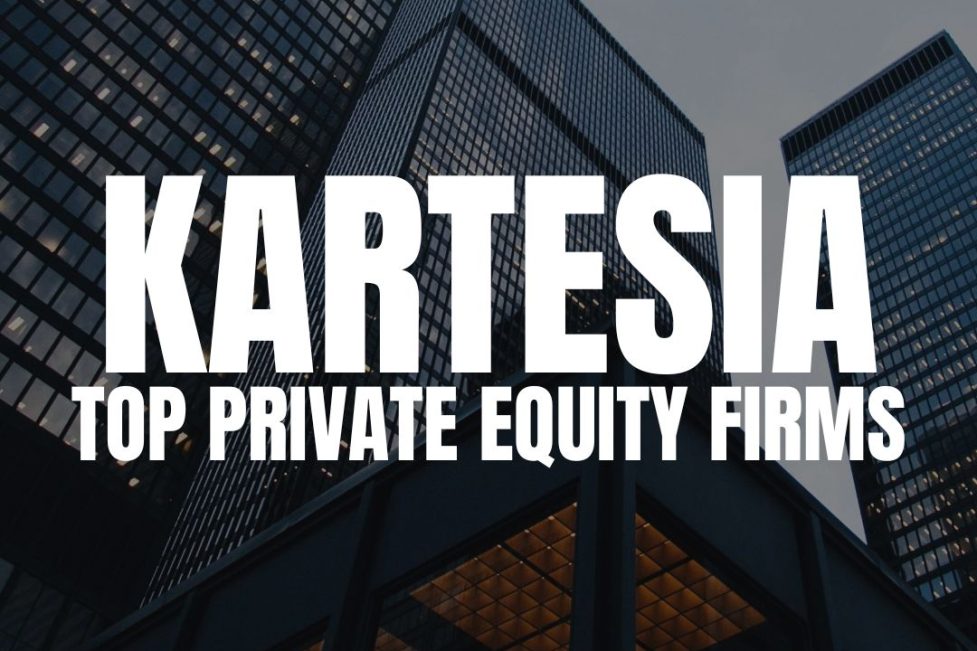Top Private Equity Firms Netherlands List 2024 Private Equity Netherlands Guide to Private Equity Firms Amsterdam


Top Private Equity Firms Netherlands List Private Equity Netherlands Guide to Private Equity Firms Amsterdam
Although CVC recently postponed a float, Netherlands is home to some of the most successful private equity firms in Europe and these firms have played a crucial role in driving growth and innovation in the Dutch economy.
The Netherlands boasts a robust and dynamic private equity landscape, resilient in the face of global economic shifts and with active investment going in.
With an environment conducive to business and investment, the country has attracted a flurry of private equity activity, becoming a hotbed for both local and international firms.
The private equity industry plays a pivotal role in driving innovation and growth for Dutch companies, offering not just capital investment but also strategic guidance to foster long-term development.
So, with that in mind, welcome to our Private Equity Netherlands guide to the Top Private Equity Firms Netherlands has to offer.




Highlighted Top Private Equity Firms Netherlands
Netherlands is home to some of the most successful private equity firms in Europe and these firms have played a crucial role in driving growth and innovation in the Dutch economy.
Here are some of the leading private equity firms in Netherlands:
1. Waterland Private Equity
Waterland Private Equity is one of the largest private equity firms in Netherlands and is also one of the largest European PE Firms.
Founded in 1999, Waterland invests in companies with an enterprise value of between €50 million and €500 million and has a diverse portfolio of companies in various sectors.
2. Main Capital Partners
Main Capital Partners is a private equity firm based in The Hague, Netherlands. Founded in 2003, the firm has an exclusive focus on enterprise software companies in the Benelux, DACH, and Nordics regions.
3. NPM Capital
NPM Capital is a private equity firm based in Amsterdam and was founded in 1948 and invests in small and medium-sized enterprises in the Netherlands.
4. Avedon Capital Partners
Avedon Capital Partners is a private equity firm based in Amsterdam and invests in companies with an enterprise value of between €25 million and €150 million.
5. Bencis Capital Partners
Bencis Capital Partners is a private equity firm based in Amsterdam and invests in companies with an enterprise value of between €50 million and €500 million.
6. Rivean (formerly Gilde Buy Out Partners)
Gilde Buy Out Partners is a private equity firm based in Utrecht, Netherlands and invests in companies with an enterprise value of between €50 million and €1 billion.
7. Standard Investment
Standard Investment is a private equity firm based in Rotterdam, Netherlands and invests in small and medium-sized enterprises in the Netherlands.
8. Holland Capital
Holland Capital is a private equity firm based in Amsterdam and invests in companies with an enterprise value of between €10 million and €100 million.
9. Icelake Capital
Icelake Capital is a private equity firm based in Amsterdam and invests in companies with an enterprise value of between €10 million and €100 million.
10. GIMV
GIMV has been instrumental in several key transactions within the Netherlands, providing a testament to its vigorous investment activity.




















































